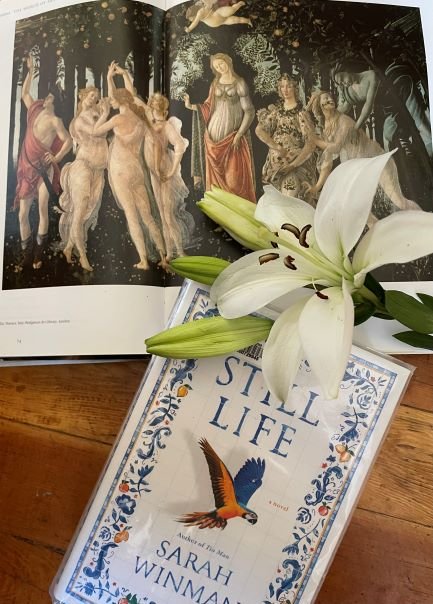The late nineteenth and entire twentieth centuries reeked of industry and human innovation as humankind observed, dissected, and theorized about the nature of the universe, matter, everything vast and miniscule. In effect, mathematical and scientific theory attempted to define everything, everywhere, all at once (to borrow the phrase). The impact, as Chilean writer Benjamín Labatut demonstrates in When We Cease to Understand the World (2020), led to immense suffering on mass scale (WWI and WWII). This novel, shortlisted for the Booker Prize in 2021 explores the cracks between fact and fiction, between progress and destruction, between genius and madness. Labatut’s book also investigates the private anguish, the inner misery of some of the world’s greatest minds. By interweaving history, math, physics, chemistry, and mathematics with a healthy dose of fiction, Labatut creates a wildly readable book that both educates and troubles, confounds and inspires. It is the perfect book to read in tandem with watching one of this summer’s blockbuster movies Oppenheimer as we consider the question of where that invisible line ought to be exist in the figurative sand of human innovation.
A few of my favorite reads…
CONTEMPORARY & CANONICAL ǁ NEW & OLD.
Fiction ※ Poetry ※ Nonfiction ※ Drama
Hi.
Welcome to LitReaderNotes, a book review blog. Find book suggestions, search for insights on a specific book, join a community of readers.








